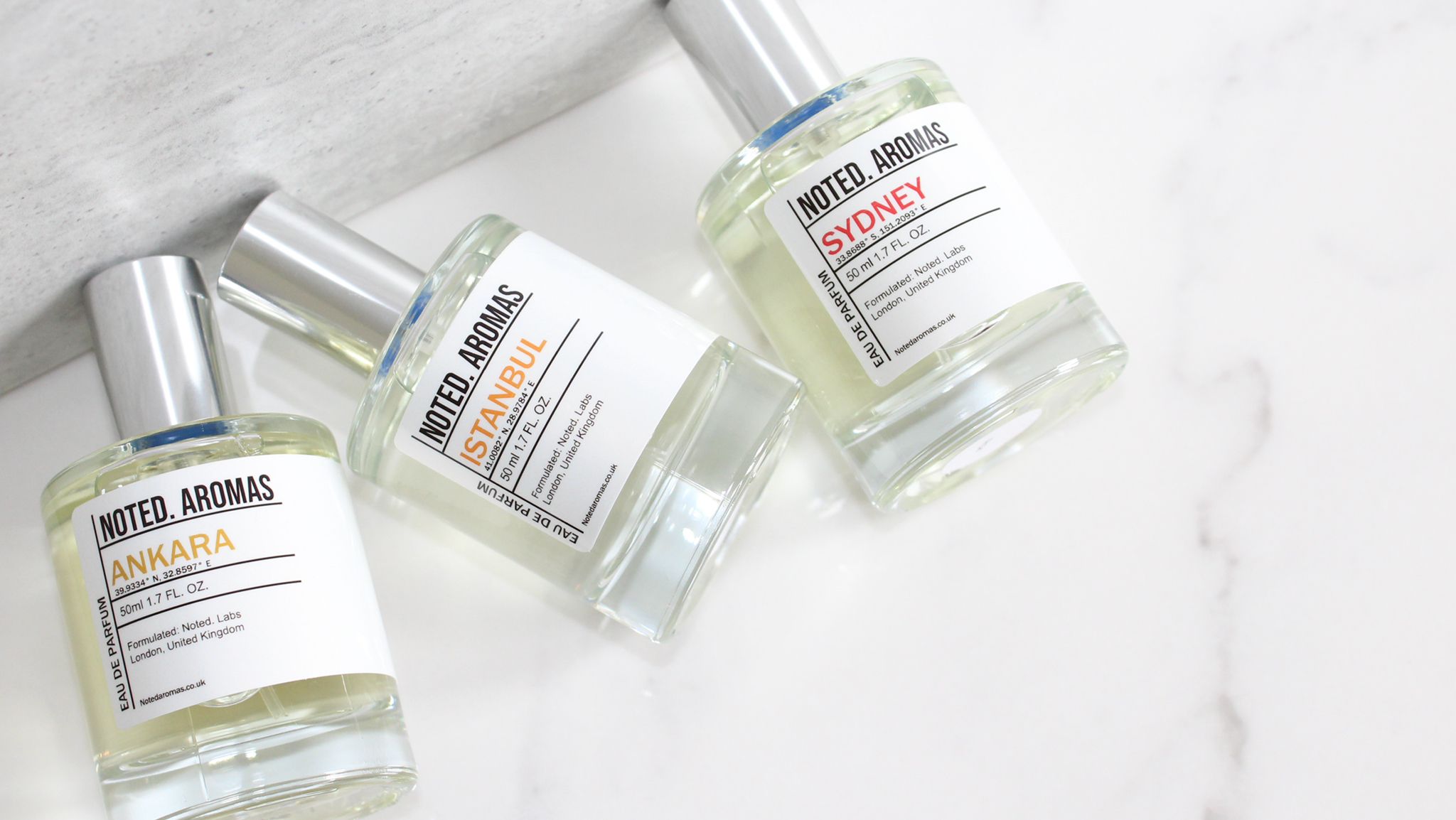Understanding the Power of Scent
From the whisper of a passing breeze to the lingering trace on a worn scarf, aroma is memory made manifest. We are hardwired to respond to scents emotionally and psychologically. Noted aromas have the ability to evoke powerful sensations—comfort, nostalgia, attraction, and alertness—all through the invisible language of fragrance.
The Science Behind Aromas and Emotion
Our sense of smell is closely linked to the limbic system, the part of the brain responsible for emotions and memory. Unlike sight or sound, scent bypasses the thalamus and directly impacts brain regions tied to feelings and recollection. This is why a whiff of lavender can instantly soothe or a trace of citrus can invigorate and sharpen focus.
Categories of Noted Aromas
Floral Fragrances: The Classic Elegance
Among the most universally adored scent families, floral aromas like rose, jasmine, and lily of the valley dominate personal perfumes and home scents. Their timeless appeal lies in their softness, femininity, and luxurious association. Rose oil, often called “liquid gold,” is known for its calming effects and is deeply linked with love and intimacy.
Woody Aromas: Earthy and Grounding
Sandalwood, cedarwood, vetiver, and patchouli are the cornerstones of woody fragrances. These noted aromas are warm, dry, and enveloping—ideal for creating a sense of stability, peace, and introspection. Frequently used in meditation practices, they bring the grounding essence of the forest into any setting.
Citrus Notes: Bright and Energizing
Lemon, grapefruit, bergamot, and orange are known for their high-energy, uplifting properties. These aromas stimulate mental clarity and are perfect for workspaces or morning routines. Their zest creates an invigorating atmosphere that enhances focus, reduces fatigue, and lifts mood.
Spicy Aromas: Warmth and Mystery
Clove, cinnamon, nutmeg, and cardamom create rich, warming profiles that are both sensual and stimulating. These noted aromas are often associated with autumn and winter, evoking feelings of comfort, hospitality, and exotic mystery. They’re a favorite in seasonal home fragrances and gourmet candles.
Herbal and Green Scents: Fresh and Clean
Scents like basil, mint, eucalyptus, and tea tree carry crisp, aromatic notes that symbolize cleanliness, freshness, and renewal. They’re highly favored in wellness products, spa treatments, and natural cleaning solutions due to their antibacterial and mood-lifting properties.
Gourmand Notes: Delicious and Comforting
A newer but incredibly popular category, gourmand aromas replicate edible scents like vanilla, chocolate, coffee, and caramel. These fragrances are indulgent and cozy, making them ideal for creating relaxing, homely atmospheres that invite comfort and ease.
Scent and Wellness: Aromatherapy Applications
The therapeutic use of essential oils dates back centuries and is still integral to modern holistic health practices. Through aromatherapy, individuals can tap into noted aromas to manage stress, reduce anxiety, and improve sleep. For instance:
- Lavender and chamomile reduce cortisol levels and promote deep relaxation.
- Peppermint and rosemary sharpen alertness and alleviate headaches.
- Frankincense supports emotional balance and spiritual grounding.
Whether through diffusers, massage oils, or bath rituals, integrating specific aromas into your routine enhances emotional and physical well-being.
Cultural and Historical Perspectives on Fragrance
From ancient Egyptian temples to Roman baths and Eastern spiritual ceremonies, scent has long been revered as sacred. Perfumes were not only luxuries but also offerings to deities and symbols of status. In many traditions, certain aromas signified transitions—birth, marriage, mourning, and worship.
For example:
- Myrrh and frankincense were ceremonial staples in antiquity.
- Jasmine and tuberose were used in Indian bridal traditions.
- Incense remains central in Japanese and Buddhist rituals.
Understanding the historical reverence for noted aromas highlights how fragrance shapes cultural identity and personal expression.
Modern Uses of Noted Aromas in Lifestyle and Design
Today, scent is integrated into nearly every lifestyle product—from skincare to fashion, home décor to hospitality branding. Hotels often have signature aromas; luxury brands use exclusive scent profiles to build emotional connection and brand loyalty.
In interior design, aromas now play a crucial role in sensory architecture. Scents are matched with spatial themes:
- Crisp linen or cotton scents in minimalist, Scandinavian-inspired interiors.
- Warm vanilla and amber in vintage or bohemian spaces.
- Citrus and oceanic tones in modern beachside retreats.
The goal is to create a fully immersive environment where the scent complements color, light, and texture.
Creating a Signature Scent: The Art of Personal Fragrance
Curating your own unique blend of aromas—your signature scent—is an artful, introspective process. Whether you prefer a layered complexity or minimalist purity, discovering your preferred notes can be transformative.
Tips for selecting your signature scent:
- Identify your emotional goals (calm, energize, seduce).
- Test scents on skin, not just paper.
- Observe how a fragrance evolves across top, heart, and base notes.
- Opt for niche or artisan perfumers for unique compositions.
Custom-blended perfumes or essential oil mixes allow for deep personalization and often create a memorable impression on others.
Sustainable and Ethical Fragrance Choices
With the rise of conscious consumerism, there’s growing demand for ethical sourcing and sustainable packaging in fragrance products. Look for:
- Organic essential oils without synthetic additives.
- Cruelty-free and vegan-certified brands.
- Refillable bottles and biodegradable packaging.
Scent can be both luxurious and environmentally responsible, supporting artisans, growers, and global communities who cultivate the raw materials.
Conclusion: Let Your Scent Speak
In every moment of our lives, noted aromas play silent yet profound roles—whispering stories, soothing wounds, and sparking memories. Whether diffused into the air, dabbed onto skin, or woven into daily rituals, fragrance has the power to shape how we feel, think, and connect.
By understanding the emotive and cultural power of scent, we unlock a deeper awareness of our environment and ourselves. Choose wisely. Smell fully. Live fragrantly.



